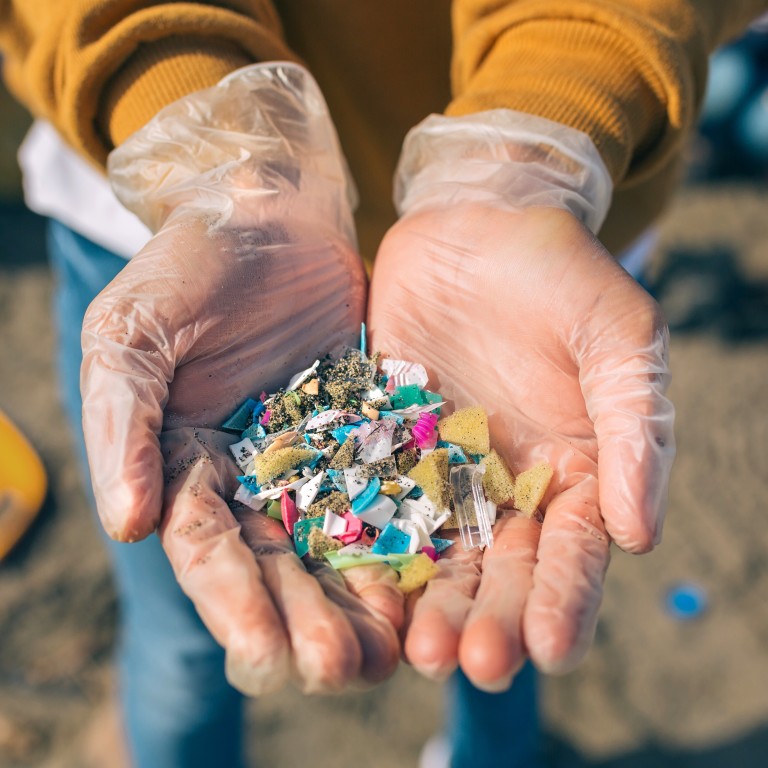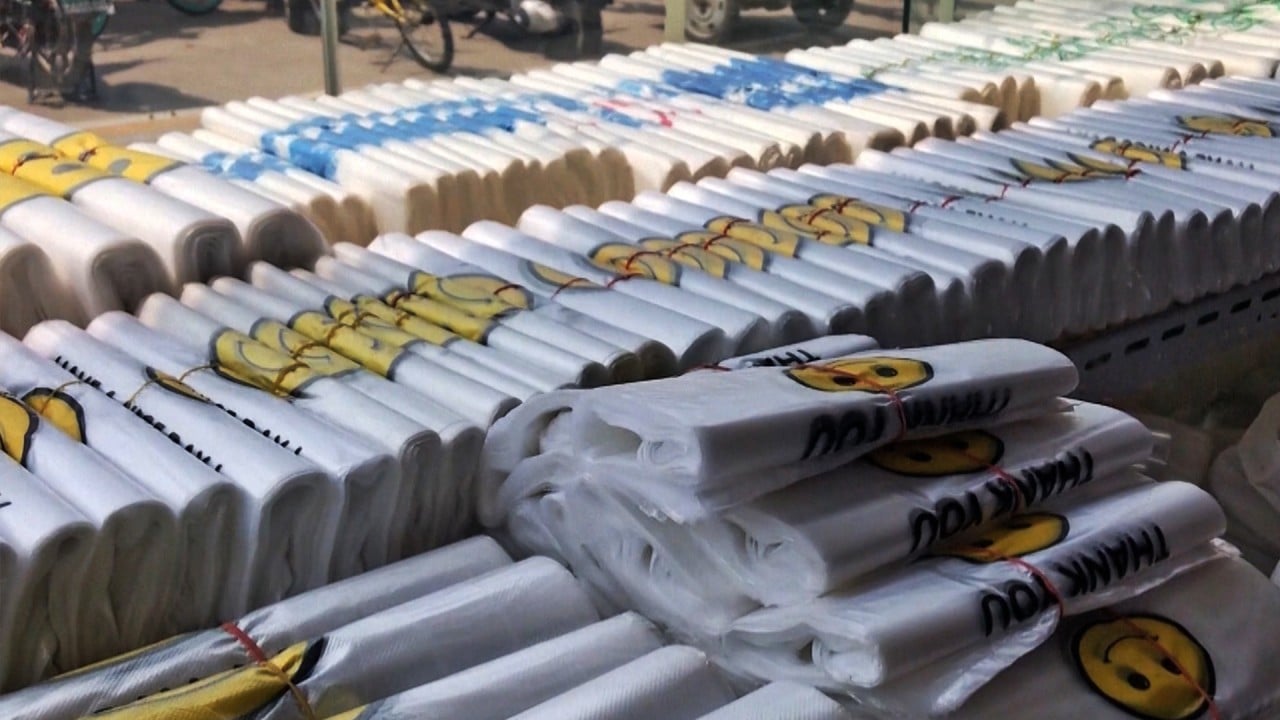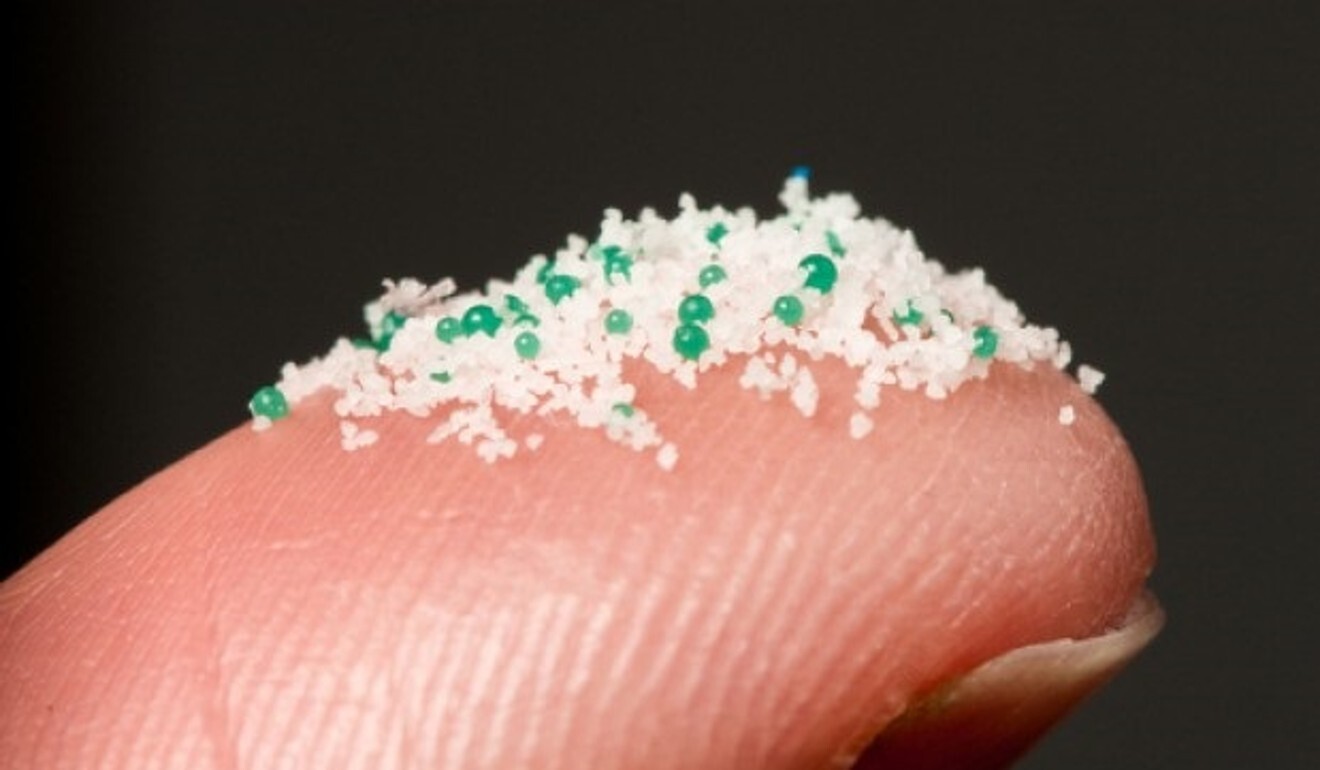
There’s a way to end plastic pollution. Does the Hong Kong government have the will though?
- Around the world, countries’ bans on microbeads have triggered companies to remove polluting particles from products. Hong Kong must deploy effective measures against microplastics, given the potential threat they pose to public health
Research published earlier this month in the journal Environmental Pollution discovered that all mussel samples bought from supermarkets, from aquaculture farms and wild-caught from almost all waters, including the North Sea, the Mediterranean and the South China Sea, contain microplastics.
Various overseas and local studies conducted in recent years have confirmed the presence of microplastics in drinking water (tap and bottled), beer, salt, honey, fish, fruits and vegetables, placentas of unborn babies, human stools, oceans, beaches and in the air. So, with the prevalence of such potential public health hazards, it is irresponsible of governments and businesses to turn a blind eye to the issue.

01:50
China’s New Year’s resolution: bans on plastic straws, plates, non-biodegradable plastic bags
Health experts cannot as yet prove exactly what the health impacts may be of long-term ingestion or inhalation of microplastics. But they anticipate that further studies will show some serious health issues the whole world must address.
The bans, together with ever-increasing public concern, have triggered several multinational companies to act – to announce, for example, timelines for removing microbeads from their personal care and cosmetic products.
Earth’s biggest plastics polluter embarks on clean-up journey to cut waste
Eco-friendly alternatives exist. In fact, the cosmetic industry used to use natural ingredients like nutshell, coconut fibre and salt as exfoliants in products. These ingredients biodegrade without affecting the ecosystem and food chains. But, due to a lack of requirements of transparency and disclosures on environmental issues, cosmetic firms turned to cheaper plastic ingredients instead.
In Hong Kong, chain retailers like Mannings, Watsons and Sa Sa have been phasing out rinse-off cosmetics and personal care products containing microbeads ahead of any government initiatives.

In April 2018, the Environmental Protection Department commissioned a consultancy to consider measures relating to microbeads in personal care and cosmetic products. Based on the consultant’s recommendations, a “Mircobead-free Charter” is due to be launched this year.
However, it is only voluntary. Surely it would be more effective to emulate other economies which have simply implemented bans on products containing microbeads.
Higher Covid-19 toll in pollution hotspots points to environmental factor
We must also deploy effective measures to limit the secondary source of microplastic pollution, which makes an even greater contribution to plastic pollution in the ecosystem.
If the proliferation of plastic use at source remains unchecked, plastic waste will still enter the ecosystem even if the city beefs up its plastic recycling system. And, over time, such plastics will inevitably disintegrate, eventually becoming nasty additives served with our meals.
The genuine solution is for the industry to replace plastic materials with natural ingredients derived from algae or agricultural waste like husks, straws and shells for short-lived products and packaging. You don’t need durable grocery bags or packaging, just something strong enough to be used once or in the short term.
Solutions are already out there. What we need is a much stronger commitment from the government and businesses to revive an old but sustainable business approach.
Edwin Lau Che-feng is executive director of The Green Earth. [email protected]

